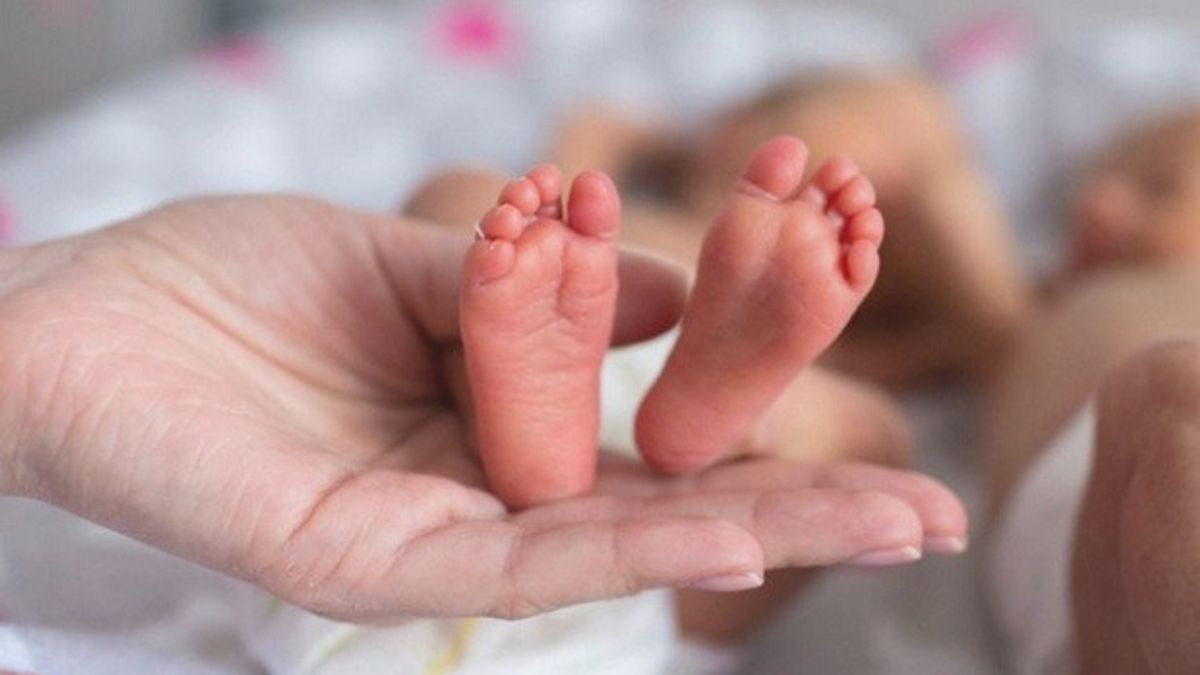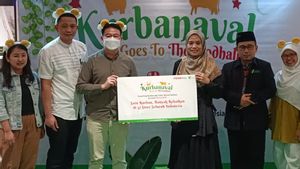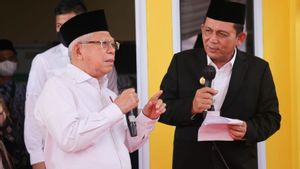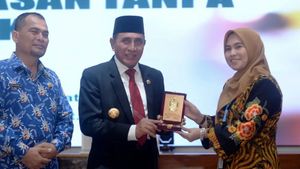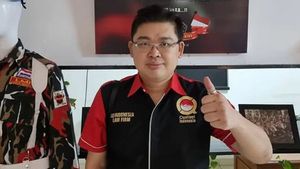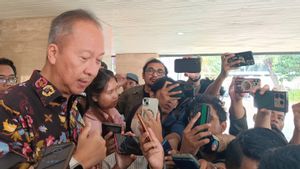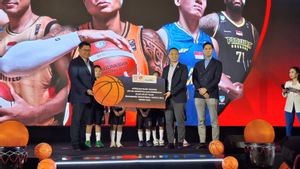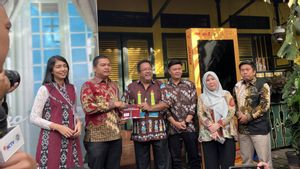SIMPANG FOUR - The West Pasaman Regency Government, West Sumatra visited and assisted two children who were malnourished in Jorong Pigogah, Sungai Beremas District. "We visited both of them, on Monday, and currently the two children have been treated at the hospital," said Deputy Regent of West Pasaman Risnawanto, quoted by ANTARA, Tuesday, June 13.
He said the two children were Ahmad Fauzan (6 years old) who was suspected of experiencing malnutrition and Muhammad Rizki (4 years old) who was suspected of having comorbidities and malnutrition, so that both of them did not experience development and growth like their age children. His party immediately intervened to take the two children to the hospital and carry out further treatment and examination. "We have to take these two children to the hospital. Later we will take care of the BPJS. I hope that all parties are involved here including the company. For handling there is BPJS, but for this waiting costs we hope for the contribution from the PT BTN company," he said. He asked the family to focus on dealing. If the government alone without any serious desire from the family, all efforts will be in vain. He also expects the family to carry out a family planning program so that the child's birth distance can be regular. Previously, the intervention that has been carried out by the puskesmas started in 2019 for Muhammad Fauzan. Handling in Posyandu also continues to be carried out and is monitored for weight. However, there is no significant change so it is recommended to be brought to child specialists. However, parents are constrained by distance and costs to make recommendations from medical.
SEE ALSO:
As for Muhammad Riski, water was taken during childbirth and it was recommended to be treated. Before completing treatment at the hospital, the family brought the child home forcibly and the child was declared a congenital defect from birth. Deputy Regent Risnawanto and the team provided assistance to the families of Muhammad Riski and Ahmad Fauzan in the form of basic necessities for improving children's nutrition and other basic necessities.
The English, Chinese, Japanese, Arabic, and French versions are automatically generated by the AI. So there may still be inaccuracies in translating, please always see Indonesian as our main language. (system supported by DigitalSiber.id)
